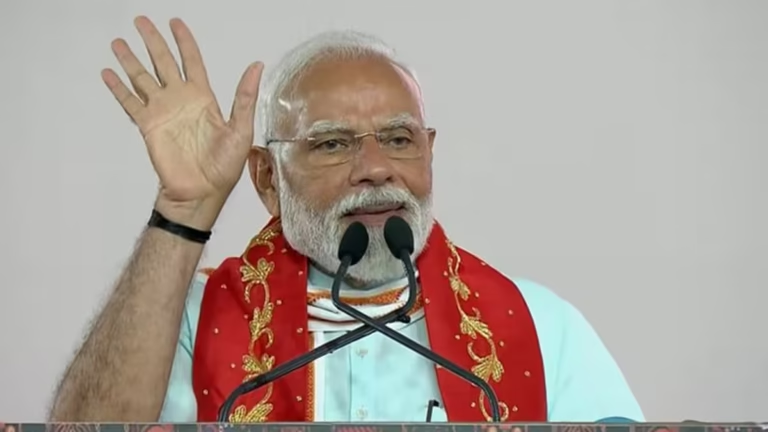Within 24 hours of the Union Power Ministry’s decision to waive transmission charges for states purchasing electricity from Adani Green and Azure Power, the Andhra Pradesh government, led by YSRCP, signed a deal with the Central utility, Solar Energy Corporation of India (SECI). SECI had awarded 12 GW projects to these companies, which are now at the center of the deal.
The waiver of ISTS (Inter-State Transmission System) charges is estimated to save Andhra Pradesh 80 paise per unit, or Rs 1,360 crore annually. This decision incentivized the state to purchase electricity from these two projects, which would typically incur transmission charges when power is transferred between states using the national grid.
The Power Ministry’s order, issued on November 30, 2021, relaxed two conditions from an earlier directive dated November 23, 2021. These conditions were: (i) the requirement for projects to be commissioned by June 30, 2025, and (ii) the power produced to fall within the state’s renewable power obligation (RPO), which mandates a certain percentage of electricity to be sourced from renewable sources.
Adani Green’s Commissioning Schedule
According to sources within the Andhra Pradesh government, the first 1,000 MW of Adani Green’s power is expected to be commissioned by April 2025, with the remaining capacity coming online after June 2025.
An Adani Green spokesperson clarified that the waiver of ISTS charges was embedded in SECI’s manufacturing-linked tender to maintain competitive parity with other renewable energy projects. They further stated that the benefit of the waiver is passed on to the Distribution Companies (DISCOMs) rather than the project developers, who receive a fixed tariff. The spokesperson also highlighted that the delays in commissioning are beyond the developer’s control.
On December 1, 2021, just a day after the Ministry’s order, Andhra Pradesh signed a Power Sale Agreement (PSA) with SECI, the nodal agency responsible for renewable energy in the country.
An official from the Andhra Pradesh government noted that without the waiver, the state would have faced an additional 80 paise per unit in transmission charges, on top of the agreed rate of Rs 2.49 per unit for power purchased from Gujarat. As the state had committed to buying 1,700 crore units of power from SECI, the Ministry’s intervention resulted in a Rs 1,360 crore saving for the government. Over the 25-year period of the PSA, the cumulative savings are expected to reach Rs 34,000 crore.
Political Scrutiny Following Indictments
The new government, headed by TDP’s N. Chandrababu Naidu, is now scrutinizing the PSA signed under the previous YSR Congress Party administration. This comes amid controversy following the US Department of Justice’s indictment of Adani Group Chairman Gautam Adani, his nephew Sagar Adani, and six others for allegedly offering bribes to secure lucrative power contracts in Andhra Pradesh.
The indictment claims that Rs 1,750 crore of the bribes, totaling Rs 2,029 crore, were directed to a senior government official in Andhra Pradesh. These allegations were promptly denied by the Adani Group, who called the charges baseless.
Regarding the delays in power delivery, the Adani Green spokesperson explained that the scheduled completion date (SCOD) for renewable projects under SECI’s Power Purchase Agreements (PPAs) is often impacted by grid availability and readiness, which is managed by the Central Transmission Utility (CTUIL). Any delays in transmission infrastructure, which are beyond the developer’s control, lead to extensions in the SCOD, as coordinated by SECI or other central agencies.
The spokesperson emphasized the commitment to meeting energy supply commitments as per the new SCOD timelines.
Discover more from
Subscribe to get the latest posts sent to your email.







